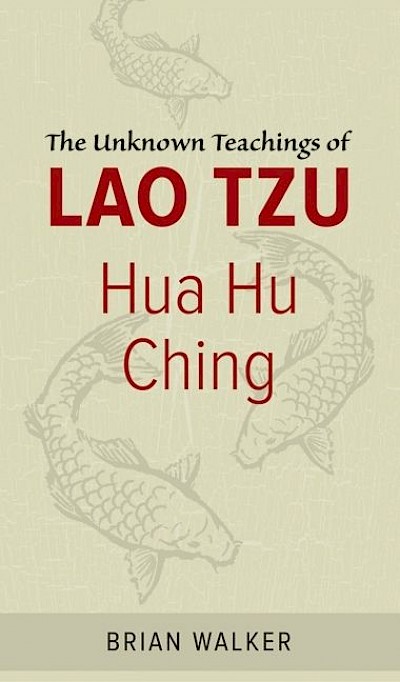"Lao Tzu's Tao Te King is among the most translated and appreciated books in the world. Singular in its lucidity, revered above cultural boundaries for its timeless wisdom, among Westerners it is believed to be the only book by Lao Tzu Few know that a series of his oral teachings on the attainment of enlightenment was compiled in a book called the Hua Hu Ching.
The teachings of the Hua Hu Ching possess enormous authority and great importance, being literally for ordinary human beings a road map of the territory of the divine. Predictably, the book was banned during a time of political strife in China and all copies were ordered to be burned. If it had not been for the Taoist tradition of orally transmitting your sacred scriptures from teacher to student, it would have been lost forever. I am permanently grateful to Master Ni Hua Ching for sharing his translation of these teachings with the Western world after his departure from China in 1976. This work is largely based on his teachings. "BRIAN WALKER Boulder, Colorado October 1, 1993
Although the Hua Hu Ching is traditionally attributed to Laozi, some scholars believe it is a forgery, since there are no historical references to this text until the beginning of the s. IV d. C. According to Louis Komjathy (2004), the Taoist Wang Fu (王 浮) originally compiled the Hua Hu Ching around AD 300. C. Both Komjathy and Charles Hucker (1975) point out that the origin of the Hua Hu Ching is framed within the context of the controversies between Taoists and Buddhists about the relative priority of Buddha or Laozi in historical terms. In this sense, the Hua Hu Ching would have been composed to support the Taoist arguments in favor of the thesis that Laozi, after withdrawing from China to the west, would have crossed Central Asia to India, where he became the Buddha. Therefore, according to this thesis of the followers of the Tao, Buddhism would be a distorted version of Taoism, adapted for the understanding of the "barbarians" of India. (Wikipedia)
